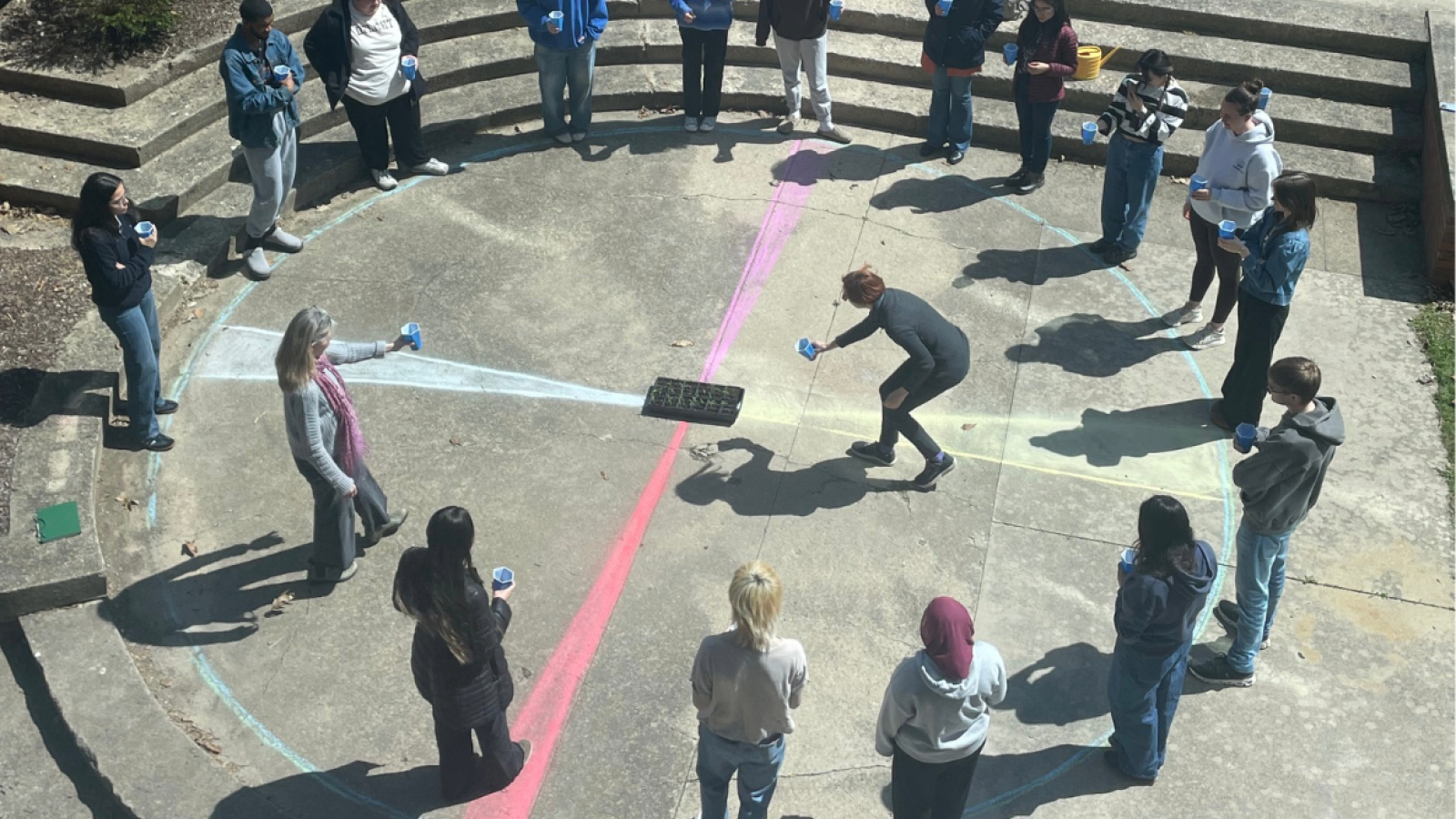Design Explorations for Alternative Ways of Knowing
This research theme moves beyond traditional understanding, embracing diverse perspectives including spiritual, indigenous, transhuman, and earth-centered design. Exploring alternative ways of knowing expands design’s potential for inclusive, meaningful, and transformative outcomes. Reflecting critically on mainstream design’s assumptions opens paths to more holistic approaches. A spiritual lens emphasizes interconnectedness and well-being; indigenous knowledge draws on cultural, historical, and ecological traditions to guide respectful, relational design; transhuman design engages emerging technologies to reimagine human potential and identity.
Earth-centered design pedagogy, grounded in ecological awareness and biocentric ethics (Fry, 2009; Linsley & Bell, 2020), advances sustainability education by shifting from human-centered to life-centered thinking. It fosters co-design with nature, encouraging stewardship, systems thinking, and regenerative practices essential for addressing environmental challenges.
Keywords
Indigenous ways of knowing; Spiritually-informed design; Transhumanism; Design futures; Alternative ways of knowing, doing and being
Advising Team
Current Students Working on the Project
Dominique Gedanke Flaksberg’s thesis topic is Earth Centered Design Pedagogy: Learning from and Alongside the Ivy Pora in Brazil, MFA expected 2024.
Profile Description and Preferred Qualifications
This approach requires openness, respect, and active engagement with different cultural, spiritual, and technological perspectives.
Additional Information
https://www.ted.com/talks/manu_peni_the_sustainable_brilliance_of_indigenous_design/c
Melsop, S. Embedding Mindfulness Practices into Community-engaged Learning to Advance Social Innovation Education presented at the Hawaii International Conference for Arts and Humanities, 2021.

